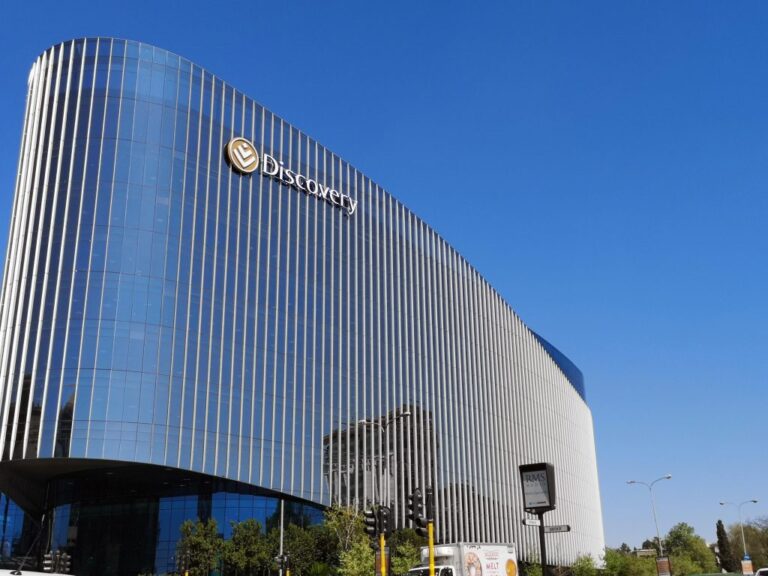Discovery declared an interim dividend of 65 cents per share on Wednesday for the first time since the Covid-19 pandemic hit in 2020.
The group’s headline earnings for the half year ended December 2023 were largely unchanged at R3.2 billion. This was not surprising, given that the company flagged a relatively flat performance in a voluntary trading statement on Monday, which saw its share price sliding 7% on the day.
ADVERTISEMENT
CONTINUE READING BELOW
Read: Discovery shares hit a 52-week low
Its share price however recovered some losses on Tuesday (up over 3%) and was marginally up on Wednesday, following the release of its interim results.
The group has businesses in wellness, healthcare, life assurance, short-term insurance, banking, and savings in South Africa, and has operations through its Vitality model in more than 40 markets worldwide.
Despite Discovery reinstating its interim dividends, Denker Capital equity analyst Barry de Kock told Moneyweb that the value of the dividend as well as earnings fell short of analysts’ expectations.
De Kock said Discovery is a growth-focused company and the group has in the last few years held back on dividends.
“It took them a lot longer to get back to paying dividends, which also speaks to the cashflow profile of the group, which is lower than its peers,” he added.
Read:
Discovery Bank slashes earnings rates for Miles
Discovery slashes medical savings accounts on its most popular plans
Discovery Bank aims at FNB with home loan launch and Checkers partnership
In a statement announcing its results for the half year, Discovery said that its banking business achieved its stated target of “monthly operational break-even before acquisition costs” during the reporting period.
For the period under review, its operating loss, before new business acquisition costs, improved by 40% and the bank had more than 825 000 clients as of December 2023.
Discovery launched its bank in July 2019.
De Kock said Discovery seems satisfied that its banking business is achieving targets quicker than previously envisioned. Forecasts for breaking even (after new business costs) is late 2024 to early 2025.
“In general, it looks like the bank is gaining traction quite quickly and there’s good diversification between interest and non-interest revenue.”
ADVERTISEMENT
CONTINUE READING BELOW
It is, however, early days, notes De Kock. “It’s easy to grow the bank quickly… but the costs [can] come back to bite you later in the form of bad debt, even though Discovery Bank says its client base has a better credit profile and is regarded as low risk.”
“Having said that, the costs to build out the bank’s credit capabilities won’t be repeated, and Discovery could expect to see meaningful operational leverage going forward. The heavy lifting has been done,” he adds.
Overall, Discovery’s South African operations, which also include health, insurance and life cover, showed a 9% increase in normalised operating profit.
Discovery Health has increased its new business by 52%, partly because of the take-on of closed medical scheme Sasolmed.
Discovery Insure’s profit recovery however was hindered by two severe weather events in the second half of 2023.
The group regards Vitality Global as a key growth enabler. Its partnership with Chinese insurer Ping An, in which Discovery has a 25% stake, is cash-generating with a “robust balance sheet”, according to the statement.
Read: Discovery’s Chinese foray [Dec 2009]
Commenting on the results, Discovery CEO Adrian Gore said in an environment characterised by continued macroeconomic complexities, Discovery delivered a strong operational performance.
“[The] focused investment in Discovery Bank and Vitality Global manifested in exceptional performance, with these businesses being positioned as strong platforms for continued growth,” he added.

